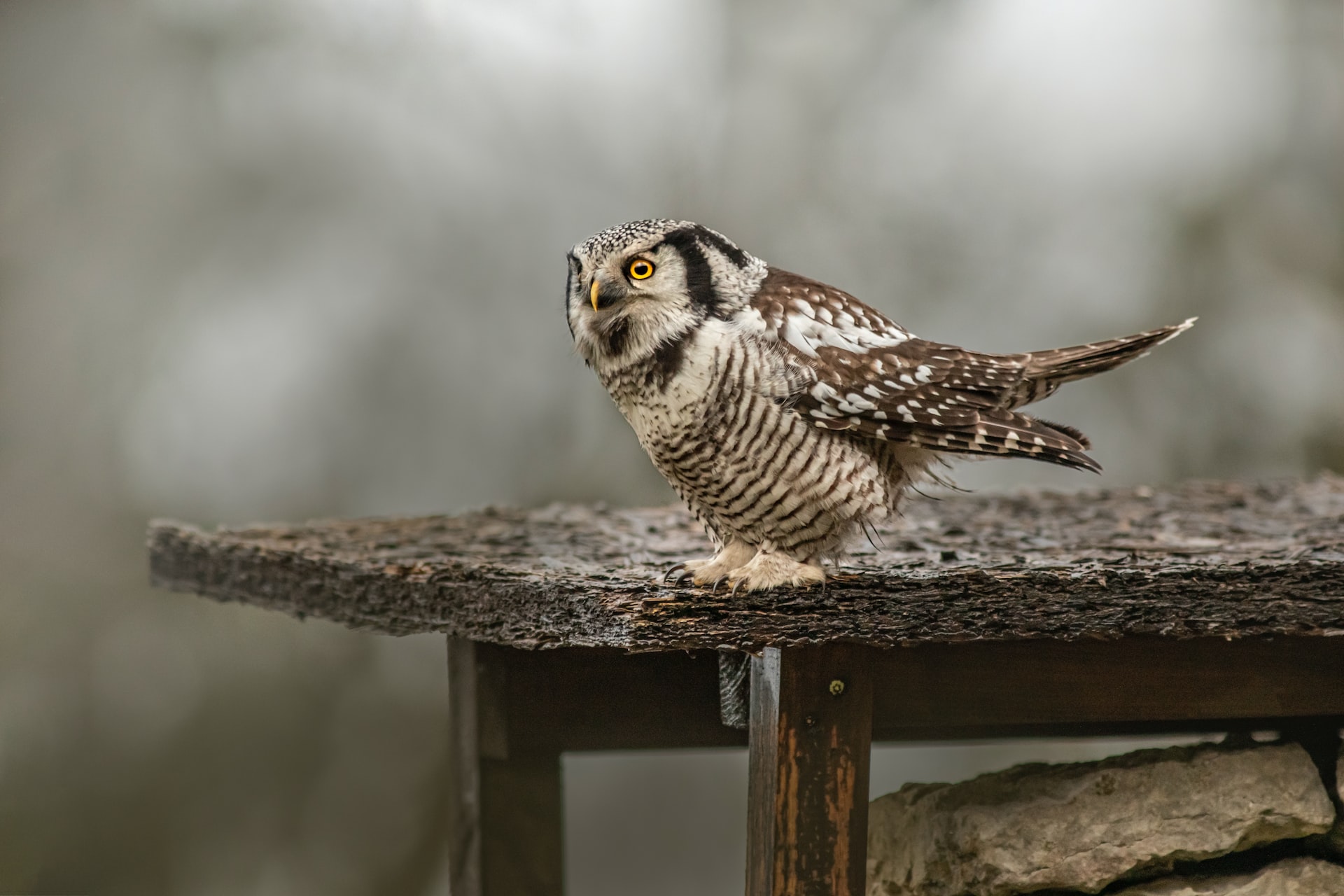Birds are an essential part of ecosystems and play a critical role in maintaining biodiversity. They serve as indicators of environmental health, pollinators, seed dispersers, pest controllers, and scavengers. Their presence is crucial for the survival of many plant and animal species. However, many bird populations around the world are declining due to habitat destruction, climate change, and other human activities. It is important to understand the significance of birds in ecosystems and the impact of their absence on biodiversity.

Birds are crucial in maintaining the balance of ecosystems. They play a significant role in pollination, which is essential for the reproduction of plants. Many bird species are specialized pollinators of specific plant species, and without their assistance, these plants would not be able to produce seeds and fruits. Birds also act as seed dispersers, carrying seeds from one place to another and helping plants to colonize new areas. In some cases, birds are the only seed dispersers for certain plant species, making them essential for the survival of these plants.
Birds also play an important role in controlling pest populations. Many bird species feed on insects, rodents, and other small animals, which can cause damage to crops and spread diseases. For example, the purple martin, a migratory bird species in North America, feed almost exclusively on insects and can consume up to 2,000 mosquitoes a day. Birds also help to control the population of herbivorous insects that can damage plants and crops.
Furthermore, birds are an essential part of food webs in ecosystems. They are prey for many predators, including mammals, reptiles, and other birds. The absence of birds can disrupt the food chain and lead to imbalances in the ecosystem. For example, the decline of bird populations in the northeastern United States has been linked to an increase in the population of white-footed mice, which are hosts for the Lyme disease-causing bacterium. The absence of birds that prey on these mice has contributed to the spread of the disease.
Birds also play a crucial role in the cultural and aesthetic value of ecosystems. They are an important part of many cultures and have been a source of inspiration for artists and writers for centuries. The sight and sound of birds can enhance the beauty of natural landscapes and provide a sense of peace and tranquility. In addition, birdwatching is a popular recreational activity that generates economic benefits for many regions around the world.
Despite the important role that birds play in ecosystems, many bird populations are declining rapidly. Habitat destruction, climate change, pollution, and other human activities are threatening the survival of many bird species. For example, deforestation and urbanization have destroyed the natural habitats of many bird species, making it difficult for them to find food and shelter. Climate change has altered the timing of migration and breeding for many bird species, leading to mismatches with their food sources and reducing their chances of survival.
In addition to the direct threats to bird populations, their decline can have significant impacts on biodiversity and ecosystem health. The loss of pollinators and seed dispersers can reduce the diversity of plant species and disrupt the functioning of ecosystems. The absence of birds that prey on pests can lead to increased damage to crops and other plants. The loss of birds as a food source can also have cascading effects on predator populations.
To protect bird populations and maintain the essential role they play in ecosystems, it is important to take action to address the threats they face. This can include preserving natural habitats, reducing pollution, and promoting sustainable land use practices. Climate change mitigation and adaptation efforts are also essential to ensure that bird populations can adapt to changing conditions and continue to thrive.
In addition, education and awareness-raising efforts can help to increase public understanding of the importance of birds in ecosystems and the threats they face. This can include promoting bird-friendly practices such as reducing the use of pesticides, providing bird feeders and nesting boxes, and avoiding habitat destruction.
Conservation efforts can also focus on specific bird species that are particularly threatened or important for ecosystem functioning. For example, the conservation of pollinator bird species can be critical for the reproduction of certain plant species. The conservation of migratory bird species can also have far-reaching impacts, as these birds often travel long distances and are important links in food webs across multiple ecosystems.
In conclusion, birds play a critical role in maintaining ecosystems and biodiversity. They are essential for pollination, seed dispersal, pest control, and food webs, and their presence is crucial for the survival of many plant and animal species. However, many bird populations around the world are declining due to human activities such as habitat destruction, pollution, and climate change. It is essential to take action to protect bird populations and their habitats, to ensure that they can continue to play their vital role in ecosystems and maintain biodiversity for future generations.
Comments
Post a Comment